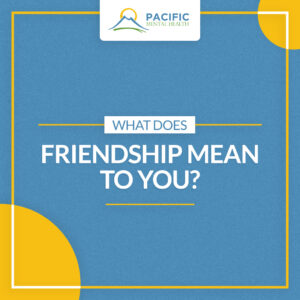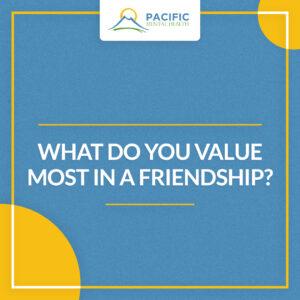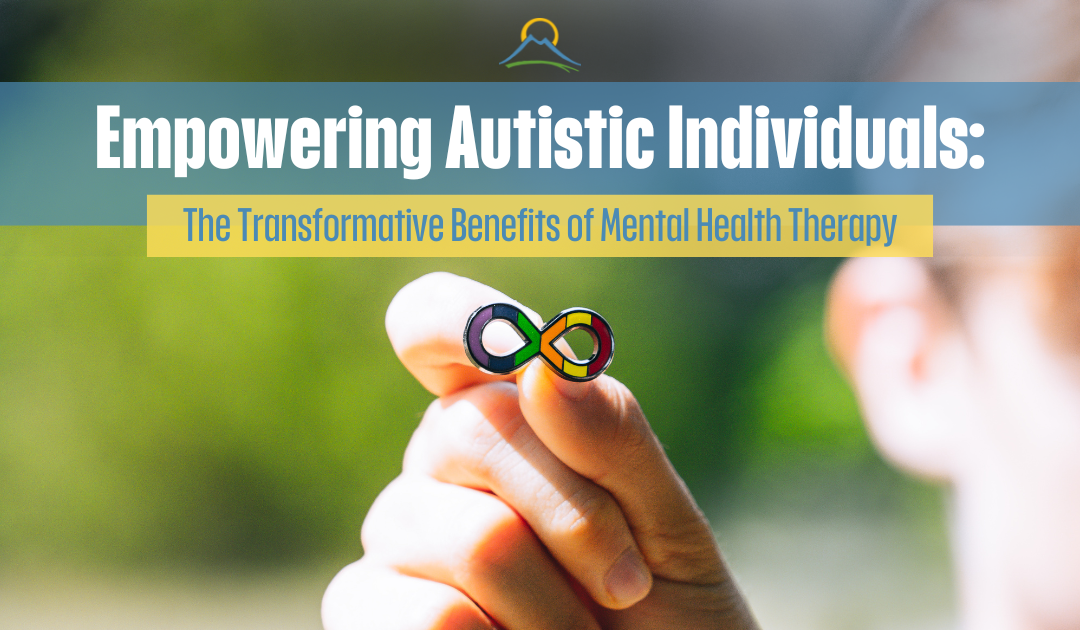
What is friendship? Why do we connect with someone in a split second, while feeling like we do not want to be close with another person right away? How many friends do we need to be happy? Humans are social beings: we need other humans to feel fulfilled. People who really see, understand, and make us feel like we belong. This is friendship explained.
Similarities Attract
Friendships can roughly be divided into acquaintances, casual friends, close friends, and intimate/best friends. Why is it that we get along with one person from the very first moment, and not at all with another? The connection that occurs in friendship seems to be a matter of chemistry. Research from Wellesley College and the University of Kansas discovered that personal characteristics are the most important factor, and we particularly like people who are similar to us (Lynch, 2016). Someone who laughs at the same jokes makes a great connection, but similar personal interests and political preferences make a good start.

Spend Time Together
Friendships have to develop. In addition to personal characteristics, it is also important that you are in each other’s proximity to frequently spend time together, especially at the beginning of a new friendship. In these times of digital connection, being virtually in touch can be sufficient, but spending time together in each other’s physical presence is still most effective. Interestingly enough, the same research showed that people in relationships and friendships are already similar to each other from the earliest moments of their social connection. This means that the universal idea of friends or partners changing each other within a relationship over time would be contradictory.
Small Things
Friendships ultimately grow and flourish through what one does for another. Especially during challenging times, you will find out who are true friends. True friends are people who look after one another, who provide comfort, practical help, or try to help cheer you up. Sometimes support comes from an unexpected place, and someone you did not consider a friend turns out to be a lifesaver. It can also turn out the other way, and it can be very disappointing when a good friend fails.
When you do not know how to be there for someone, remember that friendship and support are mainly small gestures. No one expects you to solve their problems or make everything right by saying the perfect thing or overloading them with presents. It can be as small as checking in regularly, making time for someone, listen to their stories, asking questions, and showing interest in their lives.

Magic Number
A recent study shows that adults generally need three to five close friends to feel satisfied with life (Degges‐White & Kepic, 2020). People who had four to five close friends reported to be most satisfied, and those with three friends followed right after.
However, people who are comfortable with the number of friends they have, no matter if it was a higher or lower number than average, also reported being highly satisfied with life. Everyone is unique, even when it comes to friendships and the amount of personal interaction we need. The most important takeaway is that supporting others and investing in valued friendships can have a positive effect on your well-being.
References:
Degges‐White, S., & Kepic, M. (2020). Friendships, Subjective Age, and Life Satisfaction of Women in Midlife. Adultspan Journal, 19(1), 39-53. DOI:10.1002/adsp.12086
Lynch, B. M. (2016, February 23). Study finds our desire for ‘like-minded others’ is hard-wired. Retrieved September 23, 2020, from https://news.ku.edu/2016/02/19/new-study-finds-our-desire-minded-others-hard-wired-controls-friend-and-partner









0 Comments